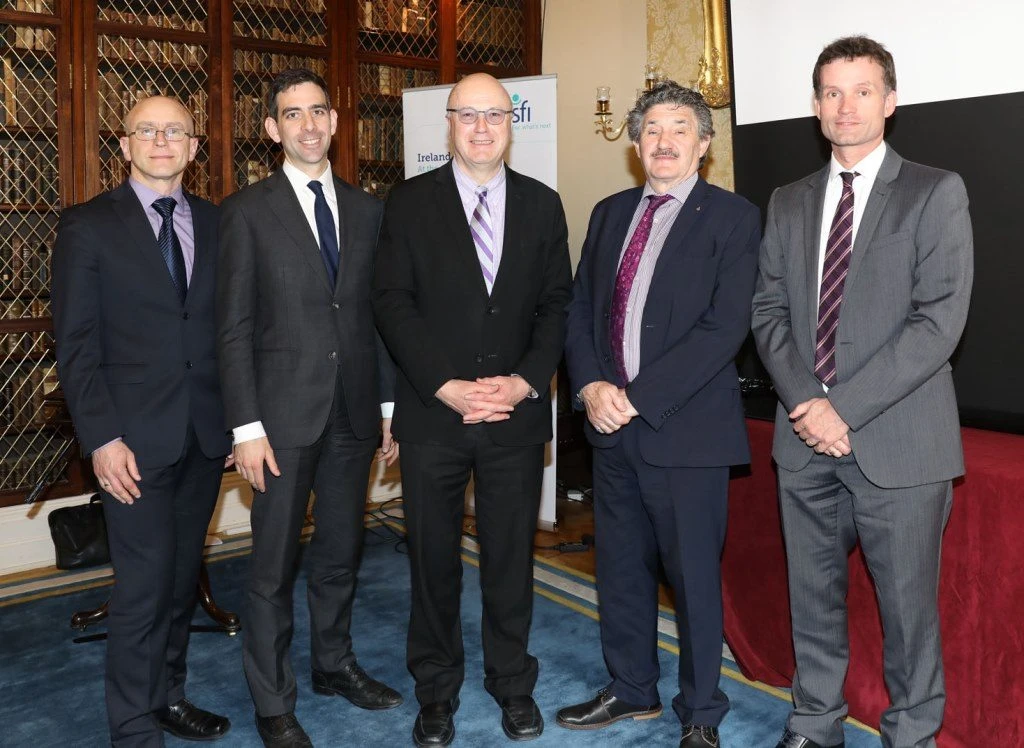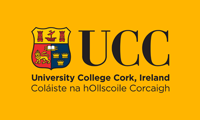News
Recent Funding Announcement

Recent Funding Announcement
Improving Treatment Outcomes For Ulcerative Colitis In Children
Dr Marcus Claesson has been awarded €504,000 for improving prediction of treatment outcomes of ulcerative colitis in children. Marcus was the only awardee from UCC and APC Microbiome Ireland, included in the announcement by John Halligan (Minister of State for Training, Skills and Innovation) of an investment of €13.7 million in funding for 22 researchers as part of Science Foundation Ireland’s Career Development Award Programme.
Marcus explains: “Ulcerative colitis is a severe autoimmune disease with chronic inflammation in the colon causing bloody diarrhoea and abdominal pain, more so in children than in adults. Personal and national healthcare costs for this globally increasing disease are approaching €30 billion in Europe only. In my lab we are trying to disentangle the role that gut bacteria play in it. We are working on combining different types of so-called ‘omics’ data from microbial communities (metagenomics) with human transcriptomics (active genes), epigenomics (decides which genes become active) and genotypes (inherited genetic variants). When applying Machine Learning algorithms on certain combinations of these data, it appears possible to predict future disease outcomes like how patients respond to medication and when they relapse. I started talking to Professor Ian Sanderson at Queen Mary University of London who suggested applying these methods to biopsies of his paediatric patients at diagnosis. Many of these children will experience debilitating relapse after 6 months, which could be prevented with medication if those patients were known. We will now try to predict relapse based on combinations of ‘omics’ data from intestinal biopsies from 80 newly diagnosed children. Such a prognostic tool would be very useful in Gastroenterology clinics and could potentially improve the lives of affected children and their families. We will also explore the inner workings of the most predictive bacterial genes in a translational approach, which hopefully will lead to ideas for new therapies. Apart from the assembled scientific team (currently PhD students Anna Ahern, Rachel Fitzgerald, Julia Eckenberger and PostDoc Chloe Huseyin), the project also involves collaborators Jordana Bell (King’s College London), Andriy Temko (UCC), Silvia Melgar and mentor Fergus Shanahan (APC).”
Commenting on the awards Professor Mark Ferguson, SFI Director General and Chief Scientific Adviser to the Irish Government, said: “SFI’s Career Development Awards are a superb reflection of our investment in early-career researchers who display great potential and lead projects of major impact. This Programme helps those researchers develop the skills and experience necessary to lead Ireland’s future research in areas such as health, energy, materials and technology.”



